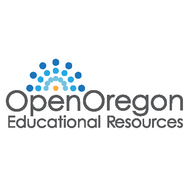Biology 213 - Video Assignment
(View Complete Item Description)Students research a biology topic, present their discoveries to each other for peer review, create a short video explaining the topic, and decide how to share their video publicly. With this assignment, students will have an opportunity to dive into one of the many aspects and concepts of biology in greater depth. They will have an opportunity to choose a topic they are interested in (list of possible topics provided, adaptable for others), and research the how/why/when of the topic. They will then present their findings first in a written format (a preliminary informative essay), to serve as a guide for their video production. After discussion and peer review, they will create short videos that explain the topic to the general public. Teaching this topic in a creative way will solidify their own knowledge. They will also become familiar with many aspects of video editing, and grapple with putting their creations into the world.
Material Type: Activity/Lab, Homework/Assignment, Lesson Plan


















